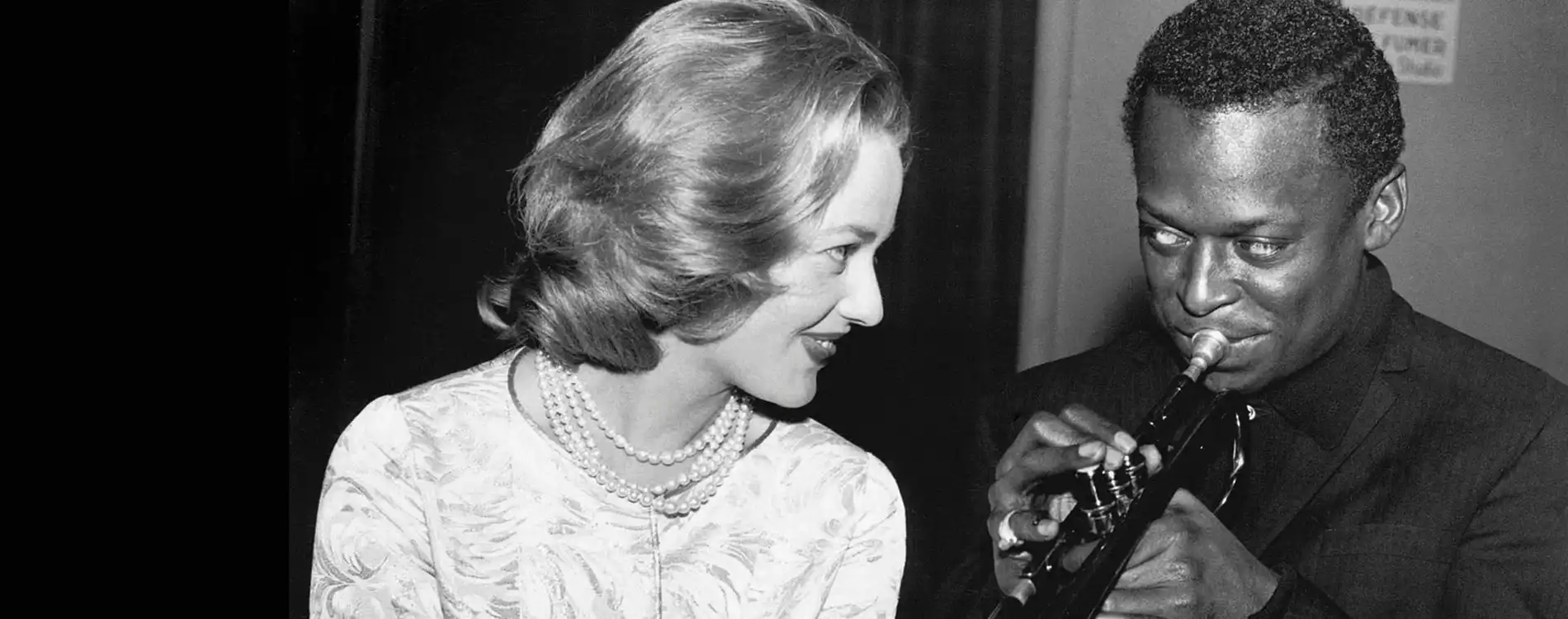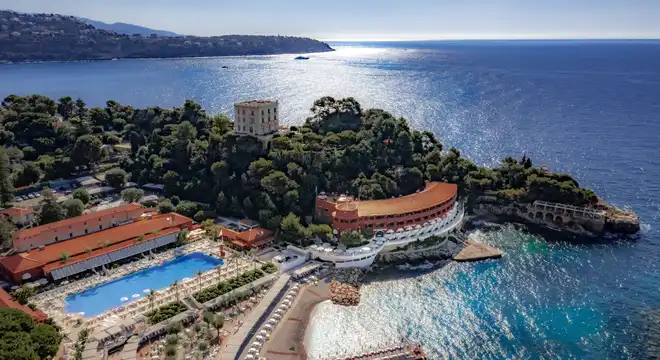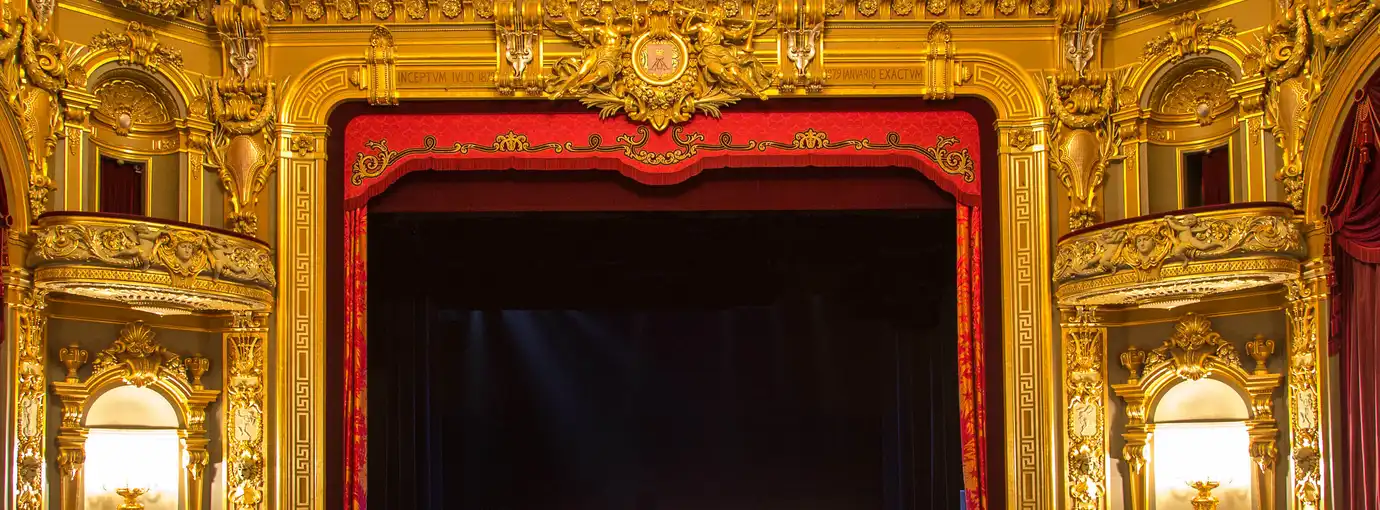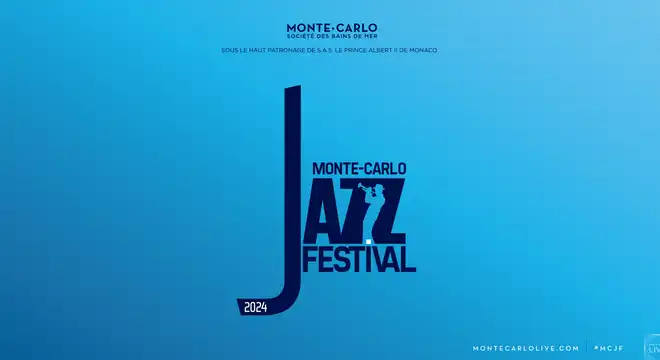Jazz & Cinéma « Ascenseur pour l'échafaud »
This year, the Monaco Audiovisual Institute has decided to screen "Ascenseur pour l'échafaud" (Lift to the Scaffold) as part of the 18th Monte-Carlo Jazz Festival
Story
Julien Tavernier and his mistress, Florence Carala, devise a plan to murder her husband, Simon, a powerful businessman for whom Julien is the right-hand man. Julien cleverly stages the crime as suicide, but as he reaches his car, he realises that he has forgotten the rope that he used to get from one floor to another on the outside of the building. He rushes into the building and gets stuck in the lift because the caretaker, thinking that the offices are empty, has turned the power off.
Critique
"Ascenseur pour l’échafaud" received the Louis Delluc award in 1957 for its artistic qualities. Louis Malle created a contemporary atmosphere through the realistic sets, neon lighting, slot machines and the "geographical" itinerary. The dialogues by Roger Nimier and the music by Miles Davis add to this modernity. And the direction of the actors is remarkable. With this exercise in style, Louis Malle transformed a genre that flirted, at the time, with the conventional série noire.
Jacques Siclier, Télérama n° 2225, 2 September 1992, p. 123
Louis Malle (1932-1995)
Born in the north of France, Louis Malle grew up in the upper middle classes; his mother was heir to one of France's largest fortunes, the Béghin sugar company. His family settled in Paris in 1939, impervious to his teenage passion for cinema and sent him to study at the Polytechnique engineering school. He went to Sciences Po business school, and then the IDHEC business school. He didn't finish his second year, however, because due to a turn of events, he set off on the Calypso, Captain Cousteau's ship, who asked him to make a documentary with him, Le Monde du Silence (The Silent World), which was awarded with a Palme d’Or at Cannes in 1956. He worked for a while as the assistant for a film-maker he admired, Robert Bresson, on "Un condamné à mort s’est échappé" (A Man Escaped - 1956). He was 25 when he produced "Lift to the Scaffold", which won the Louis Delluc award in 1957, and led some to associate him with the burgeoning New Wave. It is not easy to define the stylistic coherence of his cinema, as he himself repeatedly said that he wanted to make each of his films by breaking ties with the previous one. In a book on the director, Pierre Billard attempted, however, to sketch out a hidden motif (an odyssey of guilty conscience) and certain recurring themes: a relentless struggle with his origins and, at the same time, an autobiographical path; lost paradises ("Le Souffle au Cœur" (Murmur of the Heart), 1971; a love of jazz; memories of studying with the Jesuits and the rejection of anti-Jewish behaviour during the war ("Lacombe Lucien", 1974, "Au revoir les enfants" (Goodbye, Children), 1987); collusion with the theatre of the absurd and Raymond Queneau ("Zazie dans le métro", 1960); provocative anarchism ("Le Voleur" (The Thief of Paris), 1967); dandyism, a taste for women and scandal ("Les Amants" (The Lovers), 1958, "La Petite" (Pretty Baby), 1978). His numerous public and critical successes on both sides of the Atlantic were sometimes tinged with scandals: sexual relationships in "The Lovers", incest in "Murmur of the Heart". They are based more on the strength of the ideas or subjects than on the direction, which barely goes beyond the more or less skilful production of the script, apart from a few moments when a certain sensitivity can shine through.
Jacques Kermabon
SCREENING IN PARTNERSHIP WITH THE MONACO AUDIOVISUAL INSTITUTE



